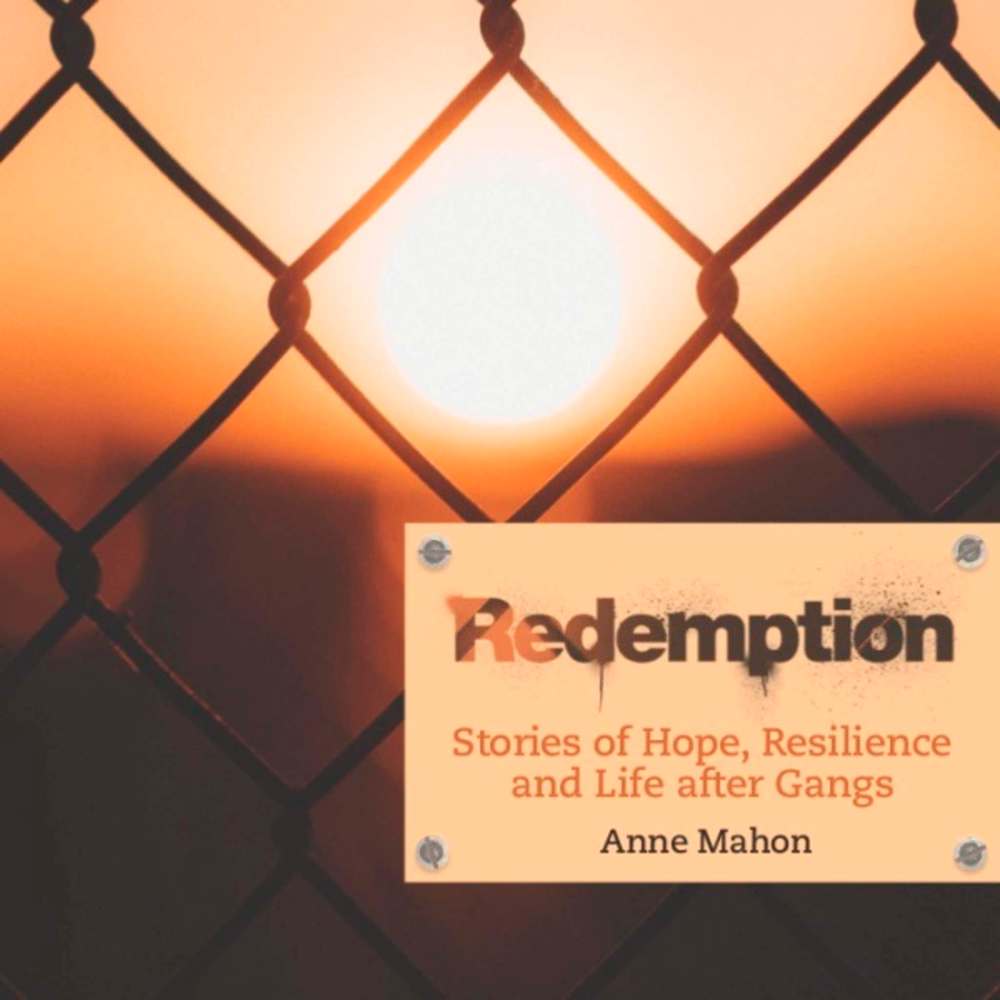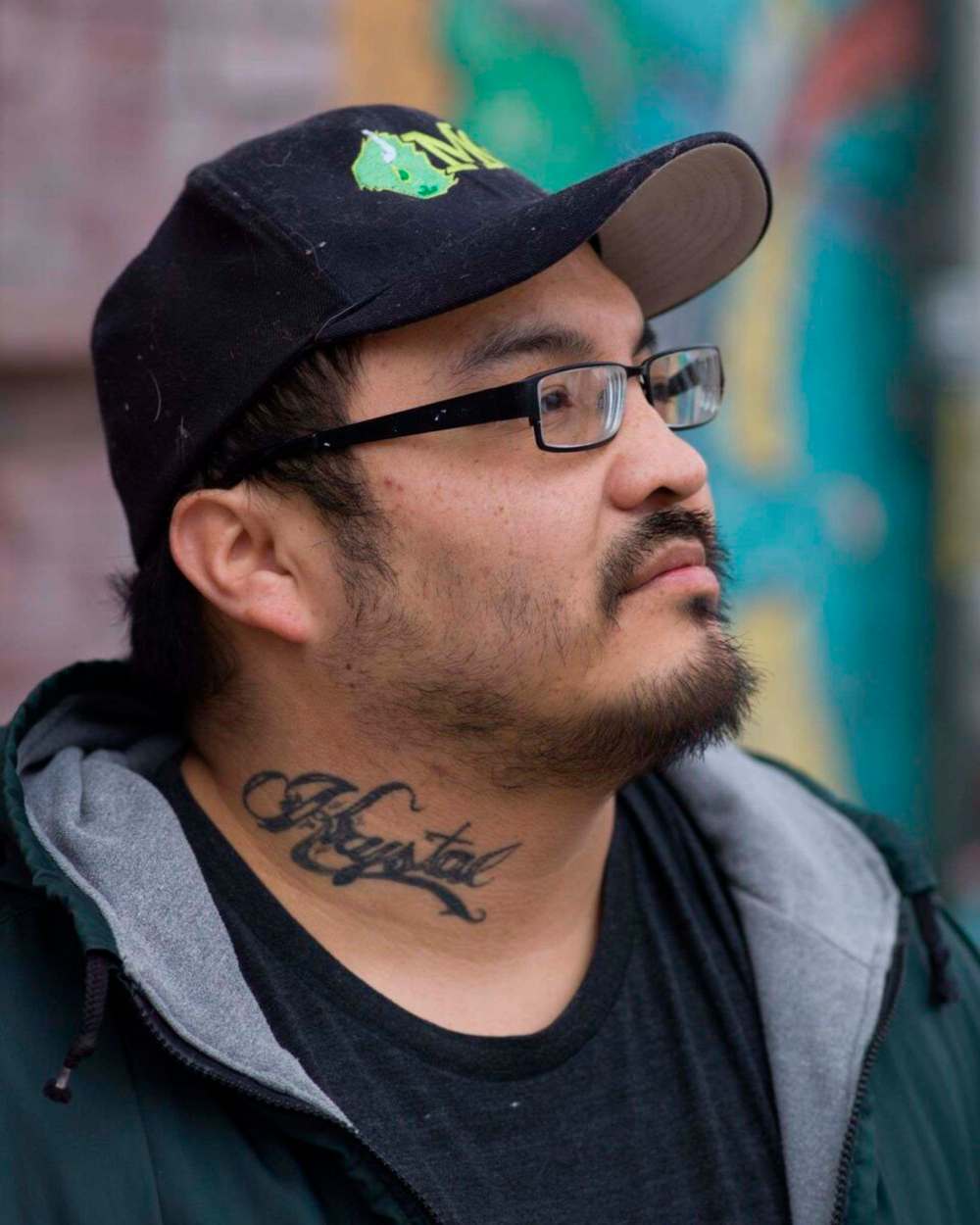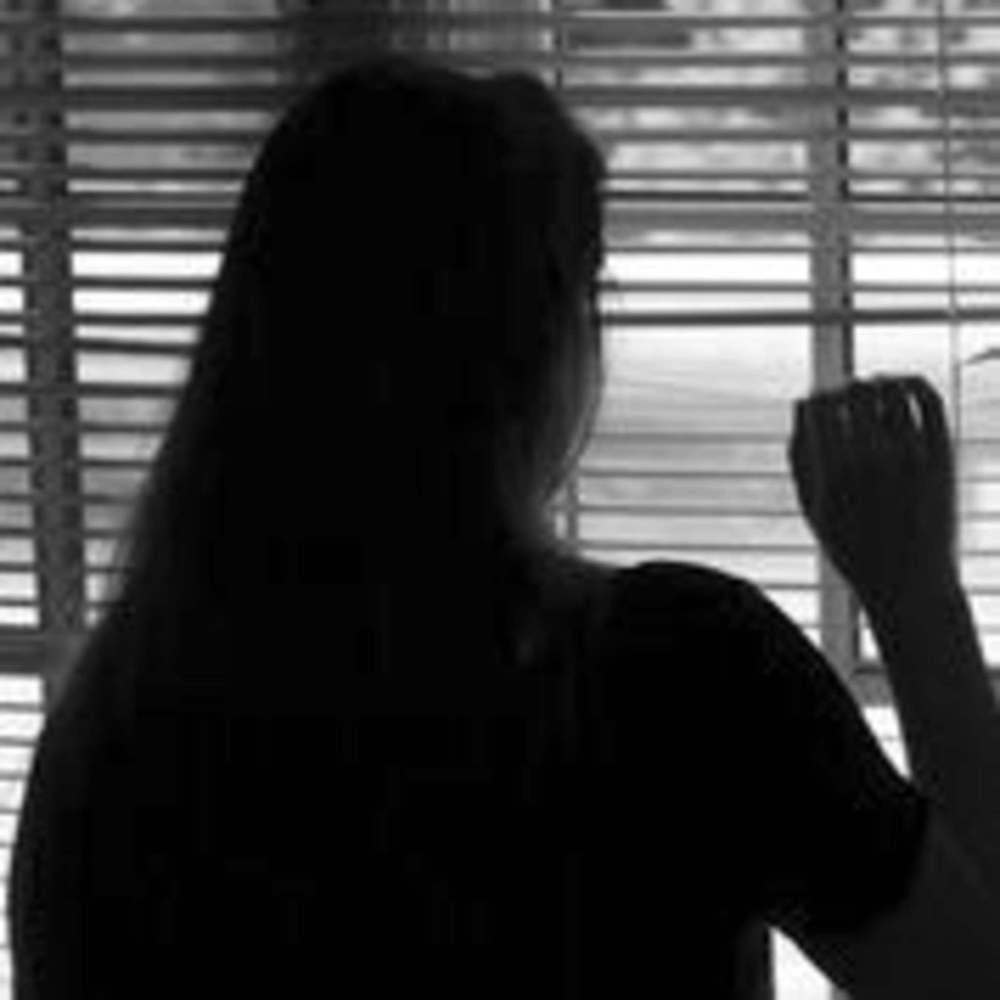Life after gangs: Newly published book documents the struggle of leaving a violent lifestyle behind
Advertisement
Read this article for free:
or
Already have an account? Log in here »
To continue reading, please subscribe:
Monthly Digital Subscription
$19 $0 for the first 4 weeks*
- Enjoy unlimited reading on winnipegfreepress.com
- Read the E-Edition, our digital replica newspaper
- Access News Break, our award-winning app
- Play interactive puzzles
*No charge for 4 weeks then billed as $19 every four weeks (new subscribers and qualified returning subscribers only). Cancel anytime.
Read unlimited articles for free today:
or
Already have an account? Log in here »
Hey there, time traveller!
This article was published 20/10/2017 (2379 days ago), so information in it may no longer be current.
Gangs are a grim reality of today’s Winnipeg. The North End and parts of the inner-city have become neighbourhoods that make many people afraid.
Far too often, headlines document drive-by shootings gone wrong, drugs and prostitutes on too many street corners, and innocent victims of stray bullets.
Writer Anne Mahon convinced nine ex-gang members to talk about what made them join gangs, what being in a gang is really like, and most importantly, how someone entrenched in that violent, criminal world, can get out.
The following are excerpts from the upcoming book Redemption: Stories of Hope, Resilience and Life After Gangs.
Chris
I left behind my childhood when I got to the city. We couldn’t just go to the store and buy food, or clothes or presents. No more Christmases after that. Whatever I needed, whatever I wanted, I had to take. My biological mother said, “This is not like back home. You’re not living with Granny and Grandpa anymore. Over here you got to grow up and get stuff on your own.” I thought, Okay. Well, if that’s the way it is, that’s the way it is.
My first month in Winnipeg, I was already shoplifting to get groceries for myself. Otherwise I couldn’t eat. There’d be nothing in the fridge. My biological mother would say “You’re eleven years old; you can get away with anything right now. You could get away with murder, but when you’re twelve you’re going to the Youth Centre if you get caught.”
She schooled me on the justice system. She taught me never to rat, not even on myself. She took me down Main Street and showed me all the bars and introduced me to the bar owners. I started hustling at those bars — Walkmans, clothes, anything. I even started doing garages: break-and-enters. Car stereos were a big thing for me because I could pull them out fast. I’d go in there with my flat head screwdriver and bang, bang, bang, I’d pull it out and go sell it at the bar. I was probably doing ten a day. I would make more than enough money.
I’d heard stories about the city before I came. My automatic impression was that everyone was a gangster, sold drugs, carried straps and did dirt. And everyone was. You couldn’t even go to the other side of the bridges, Arlington or Salter, without having to change your shirt so you could change your colours; otherwise, you’d get done in. The North End was one gang, south of the bridges were a few others. In those days, we used to watch the bridges. Anybody that came over wearing another colour, we’d roll on them, roll hard. We’d f— the s— right out of them or blast them.
I had my first gun at age eleven. I was shooting at people, cars, houses, sometimes shooting at the air. At the time, I was still thinking, If you shoot at a wall of a house, it’s going to get stuck in the wall. I didn’t realize what I was doing. It didn’t even dawn on me that a bullet could go right through a wall and kill someone. I was just a kid. Those were real bad times.
Regina
When I was fourteen and still in CFS care, I joined a gang, a girl gang. Strictly all girls. (They’re very rare.) We started by hanging out with some guys in a gang, but no girls are ever really in their gangs, so we made our own and gave ourselves a name. I still went to school while I hung out with gang members and partied on the weekends, but I didn’t care about schoolwork, or anything. By the time I was fifteen I decided that my life was going down this wrong road anyway, so what was the point of turning back?
I was in that girl gang from age fourteen to seventeen. There were, I think, five of us who were hanging out all the time. It was the power; it was the money; it was the partying. But most of all it was the respect. Once I was part of a gang, I gained a lot of respect from a lot of people. That was the big thing.
The leader used to say, “You’re the muscle. I need you.” I was the type that didn’t put up with anybody. If she told me to go punch out a girl because she didn’t like her, I would do it. I didn’t care about hurting anybody. I knocked out girls’ teeth; I blacked out girls’ eyes; I smashed their heads into curbs; I stomped on their heads. I did everything.
We started recruiting girls, and these girls recruited more girls, and eventually we started running drugs. Then the idea of prostitution came up. Our leader wanted to traffic off some girls and these girls wanted to do it for us. I didn’t want to put myself in a legal predicament. I’ve never collected any money from them either. I knew that having young girls out there on the streets selling themselves to give money to somebody else was crazy. I knew that in the pit of my stomach. I hated it. But like I said, at that time I couldn’t tell my leader what to do. I would have gotten hurt for even saying anything.
I got pregnant when I was sixteen and had my baby when I was seventeen. While I was pregnant, I decided that gang life wasn’t for me. I was going to leave — well, try to leave. I knew it would be hard to quit, especially when I was living right in the ’hood where all my gang members lived, but I was doing it for my baby.
Justin
You just gotta find that place where your soul can find that spark. Sometimes when I was trying to lead a better life, there was still that little part of me that wanted to get sucked back in, especially when things didn’t go my way for a bit. Sometimes I’m still tempted to go back to partying. Then weakness kicks in. It’s the demons. You gotta stay positive and be around positive people.
About four or five years ago, I got into kickboxing. Today, it’s a big factor in my life. Kickboxing and working out are my self-care because it’s a good way to work off stress. It’s also become a lifestyle for me, a focus so I stay healthy and fit. My daughter works out there too sometimes. My teacher Brian at Ultimate Muay Thai is always there for me. He is another positive person in my life. And you ain’t gonna find hope if you are not with people who are going to encourage you. That’s the big step, to get away from the people that give you no hope.
Today, the things that give me hope are my family, kickboxing, my dad’s spirit, my culture and traditions, and having something to believe in: a higher power — that’s huge for me. When I was struggling and weak, I would pray and let that higher power into my life, let it take control. You have to believe in it. It’s something very powerful. I’d pray, Don’t hold me back, pull me forward.
Today I know that the reason I’m here is to help kids. I wish I could take back the pain I’ve caused victims, but I will never take back the life I’ve lived. I believe that I walked a suffering life to get that experience, so that I could be here today to make changes and to help others make changes too. I believe that was the walk of life that God put me through, just like Jesus suffered on the cross. To learn about real life you’ve got to suffer. Now I can tell people “Hey, I’ve been there; I know what it’s like.” I want to do anything to give back to others and to better myself. I believe that’s one of the missions that God is giving me.
Anne Mahon launches Redemption at McNally Robinson Booksellers on Oct. 26 at 7 p.m. Mahon will launch the book at a special community celebration hosted by the John Howard Society on Nov. 2 at the William Norrie Centre at noon. It is published by Great Plains Publications.






